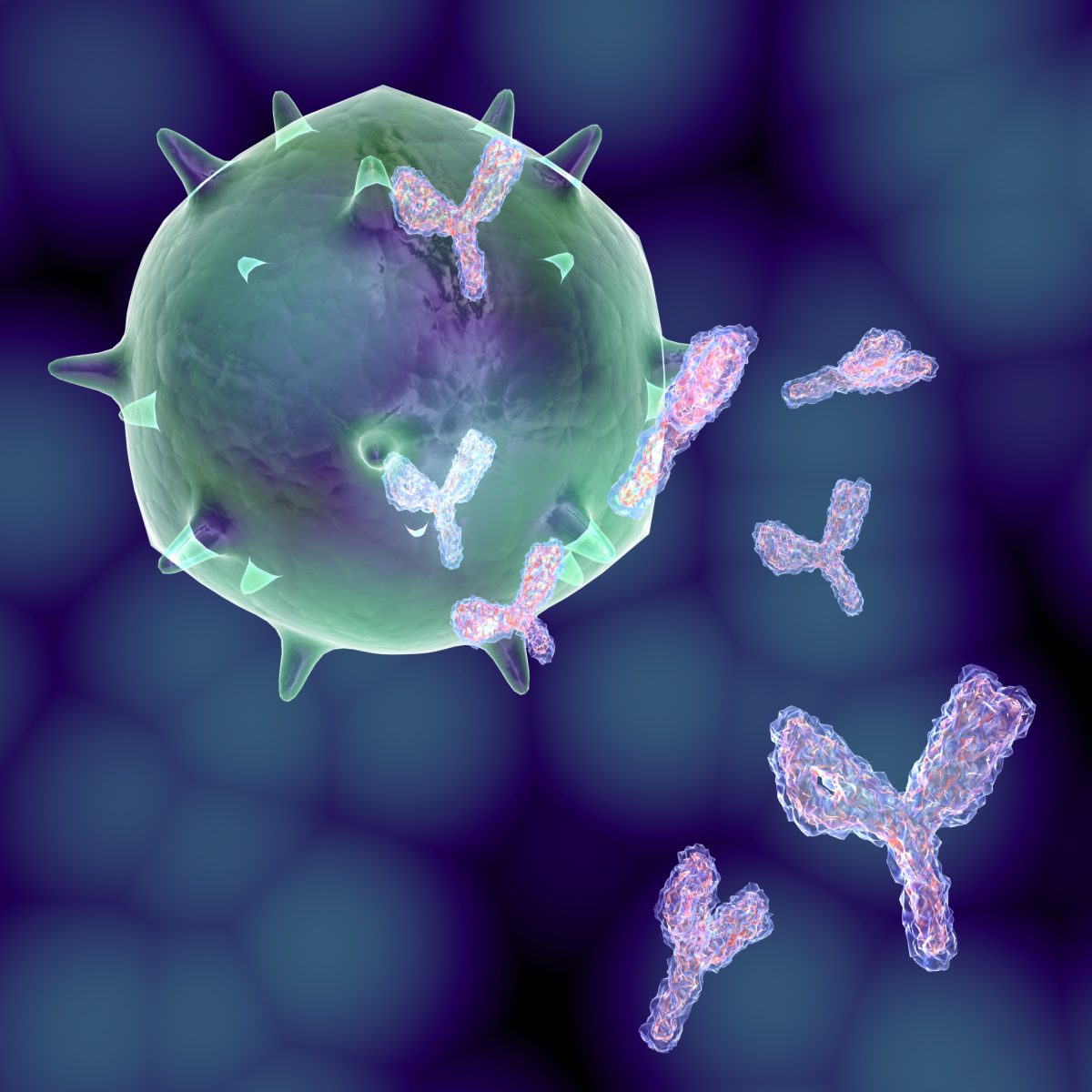Chinese Study Links High Autoantibody Levels Against PD-1 to Lupus Disease Activity
Written by |

Patients with new-onset lupus erythematosus (SLE) have high levels of autoantibodies against programmed cell death protein 1 (PD-1), an immune response co-inhibitor, new research from China shows.
The study, “Elevated serum autoantibodies against co-inhibitory PD-1 facilitate T cell proliferation and correlate with disease activity in new-onset systemic lupus erythematosus patients,” appeared in the journal Arthritis Research and Therapy.
Although the precise mechanisms triggering SLE-related pathology remain unknown, available evidence suggests that, once immune tolerance is compromised, T-cells are the primary contributors to appearance of the disease and its progression.
PD-1 plays an inhibitory role in immune response after T-cell activation, thereby maintaining the balance of immune tolerance. Studies in mouse models showed that PD-1 deficiency plays a key role in the pathogenesis of autoimmune diseases.
Researchers led by Chengde Yan of the Shanghai Jio Tong University School of Medicine found lower levels of PD-1 in the T-cells of SLE patients. They also discovered that such patients had more neutrophils (white blood cells that play a key role in innate immune responses) containing PD-1 ligand — which triggers SLE activity and severity. This evidence suggests a critical role of PD-1 in SLE. However, the serum profile of autoantibodies against PD-1 in SLE remains to be determined.
The team detected serum levels of anti-PD-1 autoantibodies in 90 untreated new-onset SLE patients, 50 with rheumatoid arthritis, 50 with primary Sjogren’s syndrome, 25 with ankylosing spondylitis — a type of spinal arthritis — and 80 healthy controls. Scientists also analyzed the correlation of anti-PD-1 autoantibodies with clinical manifestations and laboratory parameters related to new-onset SLE, and measured the effect of purified anti-PD-1 autoantibodies from SLE patients on T-cell proliferation in vitro.
The results showed increased levels of anti-PD-1 IgG (the most common type of antibody), especially in new-onset SLE patients with typical symptoms of the disease, including malar rash, arthritis, serositis and hematological, renal and neurological involvement. Importantly, serum levels of anti-PD-1 IgG were linked with SLE disease activity.
Furthermore, purified anti-PD-1 IgG collected from SLE patients facilitated T-cell proliferation in the presence of dendritic cells, which are antigen-presenting cells of the immune system.
“The current study indicates, for the first time, that the serum levels of co-inhibitor autoantibodies against PD-1 are elevated in new-onset SLE patients and are associated with disease activity in SLE,” the team concluded. “Autoantibodies against PD-1, facilitating T cell proliferation, revealed a new insight into the function of negative regulation signals involved in the pathogenesis of SLE.”




